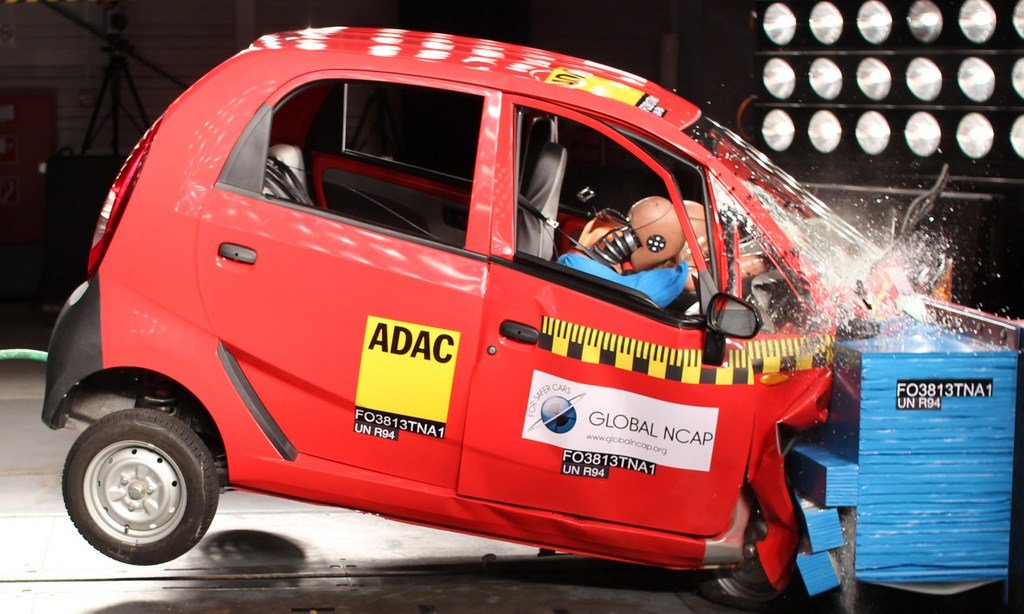“They can’t afford it? What kind of an argument is that? My mandate is road safety. We want Indians to survive. If they were serious about crash-worthiness about their cars, they could have gone to Malaysia and tested it,” said a senior official of the Ministry of Roads and National Highways.
The official pointed out that cars being made for exports pass the New Car Assessment Programme (NCAP) norms whereas those for Indian customers do not have these features. “They should achieve star rating (one to five stars are awarded based on safety features in a car) for Indian customers as well. I don’t see why Indian customers should be short-changed,” he said.
With this news, it seems that the good days are indeed coming. Indian government Life of Indians is no cheaper than any other prosperous nation’s citizen. If Europe and America has stringent rules for road safety to protect the life of their people, why not the Indians get similar treatment? Thanks to the newly formed Modi Government, car crash test will be made mandatory very soon.
Few days back, the anti-lock braking system (ABS) was made mandatory on all new models of commercial vehicles. This measure will be applicable from April 2015 as a strict rule. Government is giving some time to the manufacturers so that they can install this system in the upcoming vehicles. Similarly for the crash test, the government is pondering on 2017 deadline for the implementation. These regulations also demand structural modifications in vehicle chassis’ and mandatory inclusion of safety features like ABS, ESP and airbags. These additions are bound to make the average automobile dearer in this market.
Automakers complain that if they were to incorporate most of the safety features, car prices could rise by 15 per cent to 20 per cent for the base model with one or two star rating.
Crash test facilities will be set up in Manesar and Pune. The compulsory tests will include the frontal crash test in which vehicles are driven at speeds close to 60kmph and then subjected to a crash. There will also be a provision for rating cars according to their crash test results. Much like the GEE’s energy consumption ratings for new electronic appliances, the NCAP will rate vehicles on a scale of 1 to 5, based on their safety aspects.


